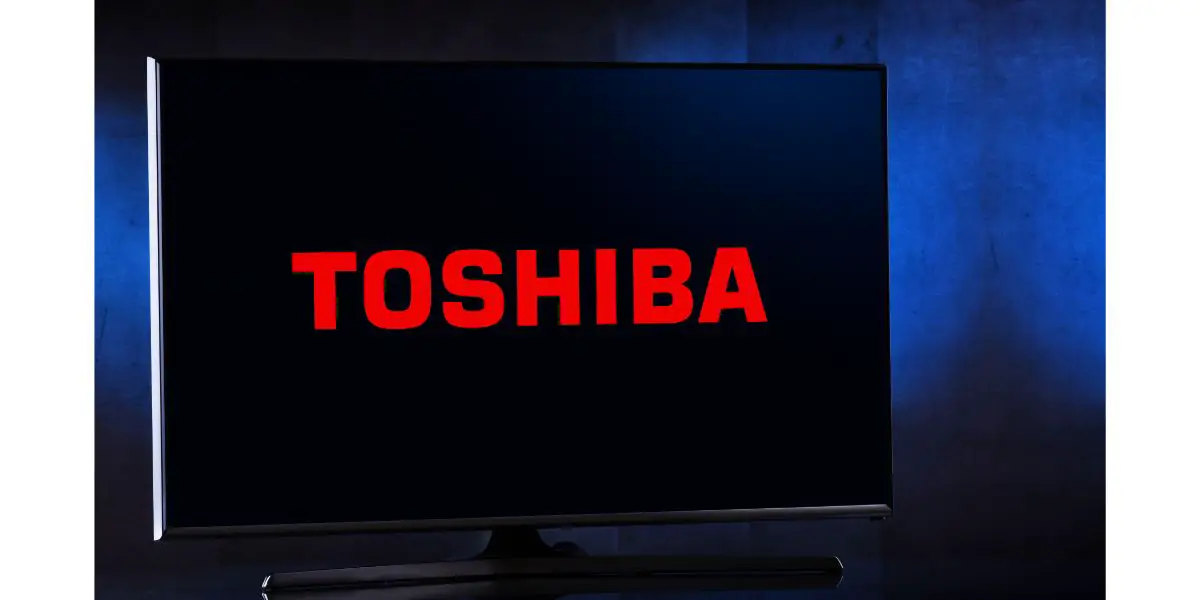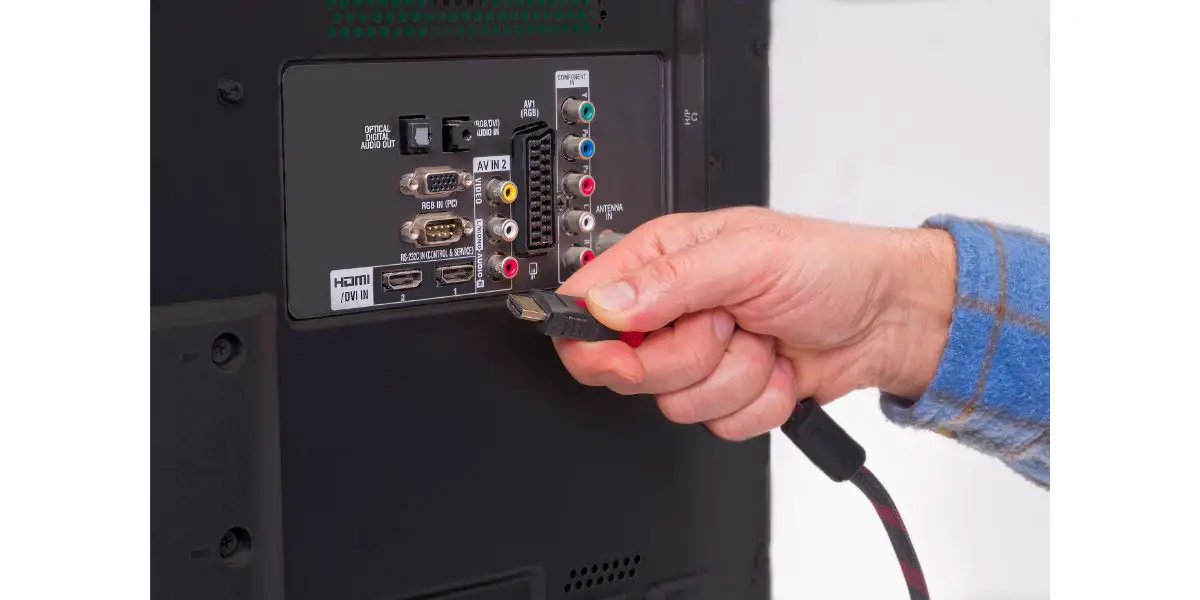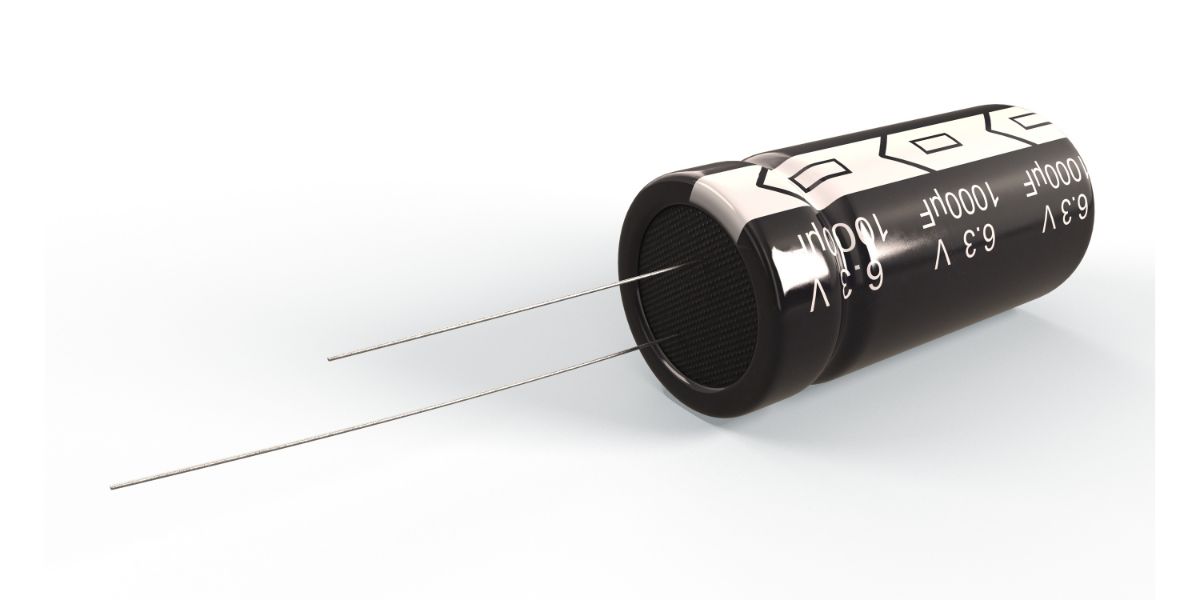Disclaimer: This post may contain affiliate links, meaning we get a small commission if you make a purchase through our links, at no cost to you. For more information, please visit our Disclaimer Page.
Your TV has always worked fine, but then suddenly develops this glitch of randomly turning off while you’re watching a show or playing a game.
The good news is that this problem is straightforward (and usually inexpensive) to fix, once you know what’s causing it. In this article, we’ll look at possible factors affecting your TV. Use it as a checklist so you can rule out the reasons one by one, until you find the culprit.
Table of Contents
12 ways to troubleshoot a Toshiba TV That Keeps Turning Off
1. The Sleeper Timer / Energy Savings function is on
Televisions have a sleeper timer function that automatically turns off after idle for too long. This helps conserve electricity and prevent screen burn.
You can turn off the sleeper timer or lengthen the intervals. Just follow these steps:
- Press the Home or menu button on the remote.
- Click on Settings. This will draw up several options.
- Click on System and then scroll to find the Time option.
- Click on Sleep Timer. You can either select the interval or turn it off.
2. The HDMI-CEC is turned on
CEC stands for Consumer Electronics Control, or you can connect HDMI devices so they can interact and share data. It’s what let’s you stream something from another gadget to your TV, or browse with just one remote.
While it’s convenient, it can create issues if another device controls your TV and turns it off when you least expect it. You can disconnect the other device or turn of HDMI- CEC using these steps:
For the Toshiba TV, this CEC function is called the REGZA Link Signal.
- Press the Home or Menu button on the remote.
- Select Options.
- Select HDMI CEC Control Setup and change the settings. Depending on your model, it can appear as HDMI CEC or REGZA.
3. Faulty remote control
Weak batteries can send infrared noise, which the TV may interpret as signals to turn off. Replace it with a fresh set and see if that solves the problem.
Then, check the remote control itself. See if the power button is stuck, and then inspect the other buttons for signs of excessive dust and grime—dirty remotes may have issues with signal impenetrability and sticking.
If you left dead batteries in the remote for a long time, it could have also leaked and damaged its circuits. You can get replacement remotes on Amazon and other sites for less than $20.
4. Problematic power supply
Your Toshiba TV could be turning off because of power issues. This can be caused either by the unit itself, the power cord, or the power source. Here’s what you need to check.
- Unplug your Toshiba TV from the surge protector or wall outlet.
- Inspect the power cord for any signs of damage.
- Plug the power cord directly into another outlet. Do not use any extension cords or surge protectors yet.
- Plug it again, with the surge protector and then the extension cord.
This can help you determine if the outlet, surge protector or the extension cords are causing the power issue. Then you just need to replace these, and your TV will be as good as new.
Another possible power issue is having too many devices connected to one power source. If you’ve got the TV, speakers, consoles, etc. depending on just one outlet, there may be a higher risk for power failure.
Try connecting to some of the devices to another outlet. It may fix the problem of the TV intermittently turning off, and it’s also actually safer—overloading your power supply could lead to fire hazards.
5. Loose connections
If the TV turns off when there are strong vibrations—for example, when people slam the door or your kids run around the room—there could be a loose connection that gets dislodged or triggered by the movement, thus interrupting the signal.
Systematically check all the TV connections from the TV, the power supply, and HDMI cables. See if all the connections are tight and secure. Try removing them and then firmly reinserting to see if that solves the issue.
6. Damaged HDMI cable
HDMI cables transmit audio and video signals, so if these break down your TV may be on but is literally just a black screen. This is a high possibility if you noticed that the video or audio quality has been deteriorating before it started having power issues.
The most common problem is the wires corroding, which can happen quickly if you use a generic brand. If it’s brand new, check if dust has accumulated in the socket and is affecting the signal.
Many HDMI cables are damaged way before their time because of mishandling. Don’t coil them too tightly or bend them out of shape, since that will weaken the wires. When you need to unplug it, don’t yank the cord—hold it by the head and gently pull out of the socket.
7. Old software or firmware
If your software or firmware is outdated, the TV will turn off because of the conflicts and inconsistencies between your TV and the app.
So one of the first things you need to check is if you’ve missed any system updates. Here’s what to do:
For newer Toshiba TV models
- Click on Home or Menu button on the remote.
- Select Settings.
- Navigate to About.
- Click on Software Upgrade or Install System Update (wording may vary according to your model).
For older Toshiba TV models
- Click to Home or Menu button on the remote
- Click Get Help.
- Select Software Upgrade.
8. Overheating
Overheating is of the most common reasons for malfunctioning TVs (or any gadget, for that matter). This can be caused by keeping it on for too long, dust that’s accumulated inside the TV that traps the heat, or the location of the TV (i.e, next to a heater, next to a window that gets a lot of hot sun, etc).
If the TV is overheating, turn it off and unplug and only use it after it’s completely cooled down. In the meantime, you may want to unscrew and vacuum out any dust, and check for signs of any damage to the components.
9. Damaged accessories
While this is rare, it’s worth checking to see if the problem isn’t the TV but all the gadgets and accessories connected to it, like consoles or speakers.
Sometimes, if those components are damaged, they can send signals that interfere with your TV’s power or performance.
10. Damaged video board
If the TV turns off (i.e, the screen is black) but you can hear some sound, the problem is most likely a corroded or blown-out video board. This can happen from power surges, continuous overheating from being left on for a long period, or excessive dust.
First, cross your fingers and hope it’s just a glitch. Switch off the TV completely by unplugging it or turning off the power extension cord. Wait for about one to two minutes before turning it on again.
Hopefully, it will either go on standby mode (in which case, use your remote control to turn it on) or play both video and audio.
If it’s still the same, unfortunately you’ll have to take it to a Toshiba repair center to have the video board checked. Usually, this repair will cost around $200.
11. Damaged LED
Turn off all the lights in your room, and then point a strong flashlight on the TV screen. If you see an image on the area where the light hits, then the problem is the backlight or LED.
Toshiba TVs have LED strips to create the ultra-high definition (UHD) displays. If those strips fail (often called the backlight blowout), you’ll get a black screen. The issue isn’t the power itself, but the picture.
You can bring the tv to the shop for a backlight repair, which costs about $100 to $125. Or, if you’re handy with tools, you can buy backlight strips and DIY it following this video tutorial.
However, it’s obviously cheaper and easier to avoid the backlight from burning out at all. To prevent this from happening in the future, you can lower the backlighting levels in the Settings Menu.
12. Damaged capacitors
The problem may be the capacitor if you’ve ruled out all the other causes, then the problem may be the capacitor. This is what stores and channels electrical current, so if it’s broken then your TV isn’t getting any electricity even if it’s plugged in.
Unfortunately, Toshiba’s been having issues with capacitors since it started outsourcing its parts. So, there have been reports of TVs that are only a few years old suddenly having issue.
While it’s possible to repair a capacitor, considering the cost and the price of TVs (especially if you buy on sale) you may actually be better off getting a new TV.
When in doubt, call an expert
If you’ve checked cables, connections, and everything on this list, and still don’t know what’s wrong with your TV, it’s better to bring it to a repair center. Unless you’ve got a background in electronics, it’s not a good idea to fiddle with your TV’s internal parts—you may end up breaking more than its power button.
However, in most cases, the list can cover the most common reasons a TV turns on and off intermittently.



